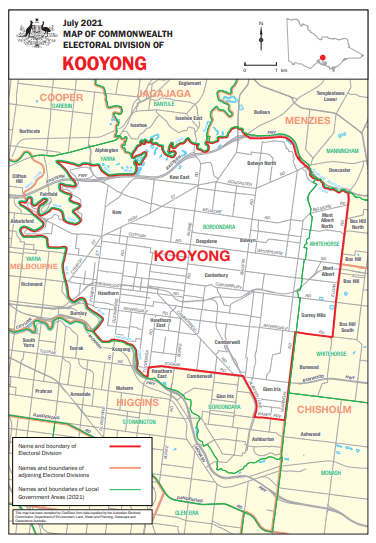|
|
|
|
| Adam Carr's Election Archive
|
Australian federal election, 2022
Division of Kooyong, Victoria
Named for: Melbourne suburb of Kooyong (Indigenous word meaning
"resting place"). The suburb is now in Higgins.
Eastern Melbourne: Balwyn, Camberwell, Canterbury, Hawthorn, Kew
State seats: All of
Kew, parts of
Box Hill,
Burwood and
Hawthorn
Local government areas: Parts of
Boroondara and
Whitehorse
Borders with:
Chisholm,
Cooper,
Higgins,
Jagajaga,
Melbourne and
Menzies
Enrolment at 2019 election: 108,424
Enrolment at 2022 election: 113,054 (+04.3)
1999 republic referendum: Yes 64.2
2018 same-sex marriage survey: Yes 73.7
Sitting member: Hon Josh Frydenberg (Liberal):
Elected 2010, 2013, 2016, 2019
2007 Liberal majority over Labor: 9.5%
2010 Liberal majority over Labor: 7.6%
2013 Liberal majority over Labor: 11.1%
2016 Liberal majority over Labor: 13.3%
2019 Liberal majority over Greens: 5.7%
2019 notional Liberal majority over Greens: 5.7%
2019 notional Liberal majority over Labor: 6.4%
Liberal two-party vote 1983-2019
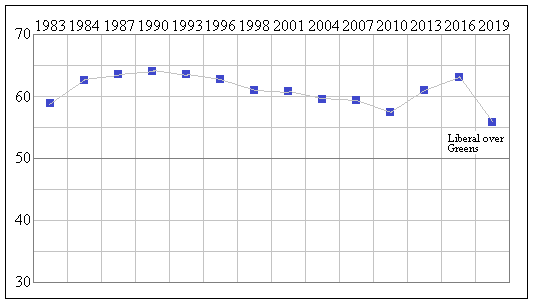
Status: Marginal Liberal
Best Liberal booths, two-party vote: Glenferrie South (65.3), Deepdene (63.1),
Bellevue (62.6), Camberwell East (62.4), Malvern PPVC (62.4)
Best Greens booths, two-party vote: Glenferrie (61.6), Glenferrie Central (61.0), Hawthorn (57.6),
Auburn North (55.3), Kew (52.6)
2019 results
Statistics and history
Candidates in ballot-paper order:
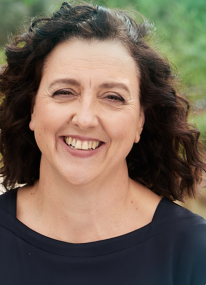 |
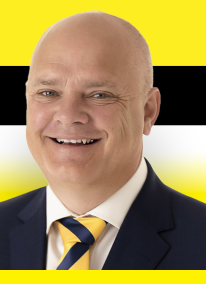 |
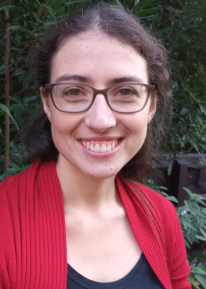 |
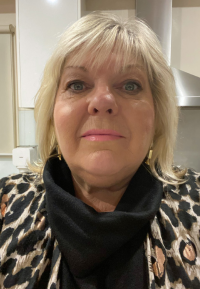 |
1. Dr Monique Ryan
Independent |
2. Scott Hardiman
United Australia Party |
3. Alexandra Thom
Liberal Democrats |
4. Michele Dale
Derryn Hinch's Justice Party |
 |
 |
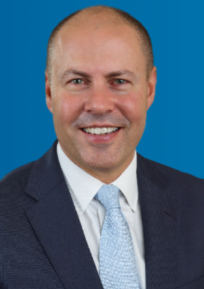 |
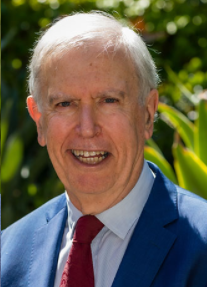 |
5. Josh Coyne
Pauline Hanson's One Nation |
6. Will Anderson
Independent |
7. Hon Josh Frydenberg
Liberal Party |
8. Dr Peter Lynch
Australian Labor Party |
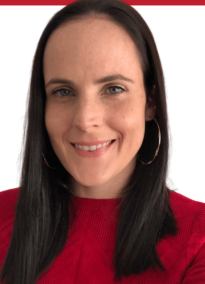 |
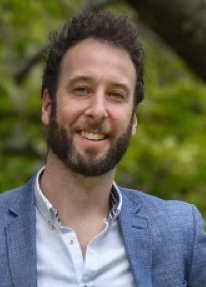 |
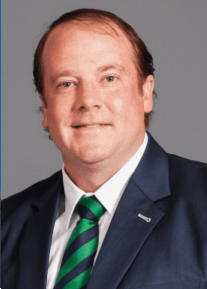 |
9. Rachel Nehmer
Aninal Justice Party |
10. Piers Mitchem
Australian Greens |
11. David Connolly
Australian Values Party |
Candidate websites:
David Connolly
Michele Dale
Hon Josh Frydenberg
Scott Hardiman
Dr Peter Lynch
Piers Mitchem
Rachel Nehmer
Dr Monique Ryan
Alexandra Thom
Division of Kooyong
Kooyong has existed since Federation, and has always taken in Melbourne's prosperous inner eastern suburbs, based
originally on Kew and Hawthorn. Successive redistributions have extended the seat to the east but have not changed
its social composition or its political alignment. It has one of the country's highest levels of median household
income and highest proportions of people in professional and managerial occupations. It also has a fairly high level
of families
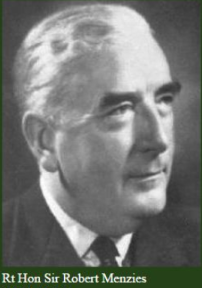 with dependent children, but a much lower rate of dwellings being purchased. This is an electorate of affluent,
home-owning upper and middle-class families.
with dependent children, but a much lower rate of dwellings being purchased. This is an electorate of affluent,
home-owning upper and middle-class families.
Kooyong is a traditional "leadership seat" for the non-Labor parties. It has never come close to electing a Labor
member, but did spoil its perfect record of loyalty to the non-Labor parties once, by electing an independent
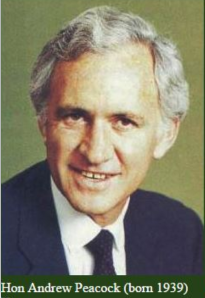 liberal in 1922. That was
John Latham, who went on to be Leader of the Nationalist Party.
liberal in 1922. That was
John Latham, who went on to be Leader of the Nationalist Party.
Kooyong's most illustrious member has been
Sir Robert Menzies, Prime Minister from 1939 1941 and from 1949 to 1966,
and founder of the modern Liberal Party. His successor
Andrew Peacock was twice leader of the Liberal Party but
failed to become Prime Minister. He was succeeded by
Petro Georgiou, a former state director of the Liberal Party
and senior adviser to Prime Minister
Malcolm Fraser. Georgiou found himself out of sympathy with the Howard
government and became a leading backbench dissident. He retired in 2010.
Josh Frydenberg, Liberal MP for Kooyong since 2010, is a lawyer who was an adviser to John Howard and Alexander
Downer, and later a director of Deutsche Bank. He is the first Jewish member of the House from the non-Labor side
since 1906. He was Parliamentary Secretary to the Prime Minister from 2013, then
Assistant Treasurer and Minister for Resources, Energy and Northern Australia. In July 2016 he became
Minister for the Environment and Energy. In this portfolio he presided over the debacle of the Turnbull government's
National Energy Guarantee, but emerged unscathed to be elected Deputy Leader of the Liberal Party when
Malcolm Turnbull and
his deputy
Julie Bishop stepped down in August 2018. He was then appointed Treasurer by Prime
Scott Morrison.
If he succeeds in this position he will be well-positioned to become the next Liberal leader.
Unlikely as it seems, Kooyong is now classed as a marginal seat. In 2018 Labor won the state seat of Hawthorn in the same
area. In 2019 Frydenberg managed only a 5.7% majority over the Greens, and 6.7% over Labor. In Kooyong as in similar seats
across the country, upper-income urban voters are increasingly alienated from conservative politics, a trend also seen in the
United States and elsewhere. This reflects the concerns of educated voters with issues such as climate change, and
also dislike of Prime Minister Morrison's style of social conservatism. While it is unlikely that Frydenberg could actually
lose Kooyong (at least to Labor), he will not be able to take his seat for granted in the way that Menzies and Peacock could.
The Labor candidate is Dr Peter Lynch, a former senior public health official. The Greens candidate is Piers Mitchem, an employment
lawyer. Dr Monique Ryan, a neurologist at the Royal Children's Hospital, will run as an independent.
Demographics:
Median weekly household income: $2,035 (Australia $1,438)
People over 65: 16.4% (Australia 15.8%)
Ancestry: Chinese 11.6%
Non-English-speaking households: 32.0% (Australia 22.2%)
Catholics 21.5% (Australia 22.6%)
No religion 36.6% (Australia 29.6%)
University graduates: 46.8% (Australia 22.0%)
Professional and managerial employment: 57.8% (Australia 35.2%)
Employed in manufacturing and construction: 12.8% (Australia 22.9%)
Paying a mortgage: 28.1% (Australia 34.5%)
Renting: 31.5% (Australia 30.9%)
Traditional families: 35.6% (Australia 32.8%)
Back to main page
|
|
 with dependent children, but a much lower rate of dwellings being purchased. This is an electorate of affluent,
home-owning upper and middle-class families.
with dependent children, but a much lower rate of dwellings being purchased. This is an electorate of affluent,
home-owning upper and middle-class families.  liberal in 1922. That was
John Latham, who went on to be Leader of the Nationalist Party.
liberal in 1922. That was
John Latham, who went on to be Leader of the Nationalist Party.
